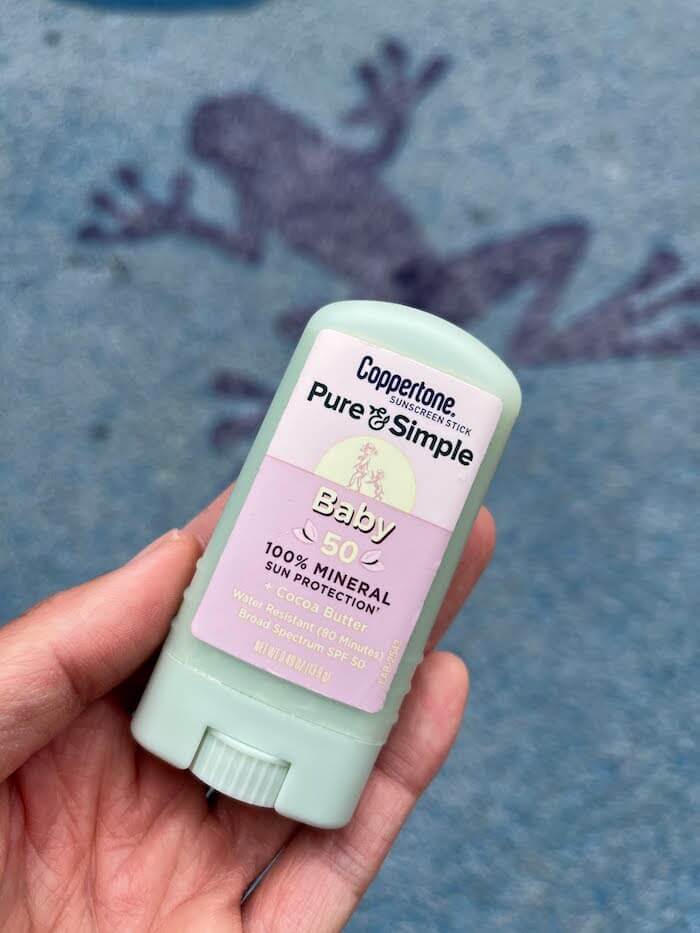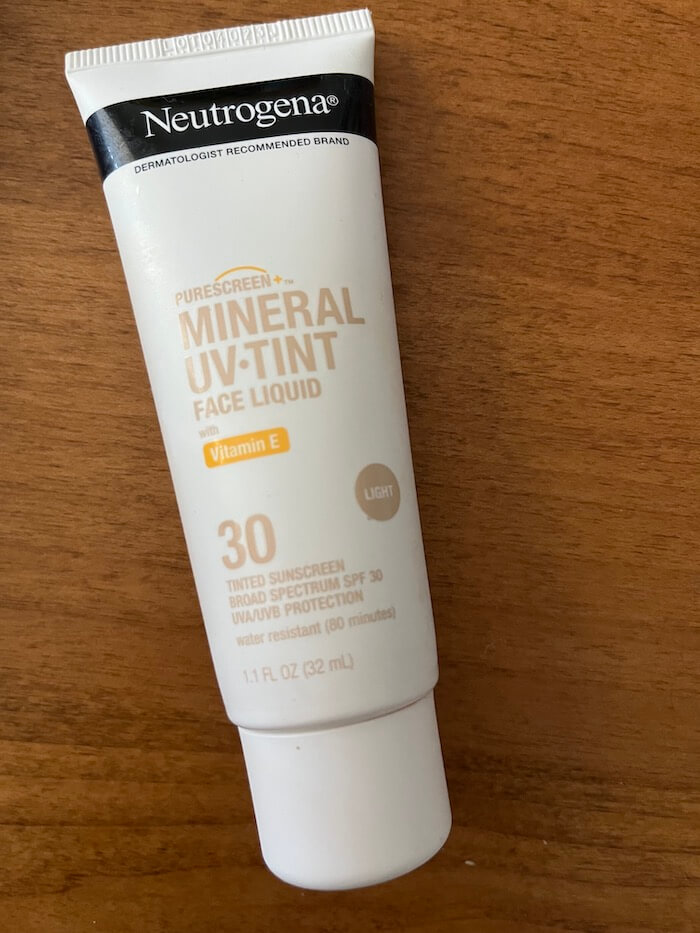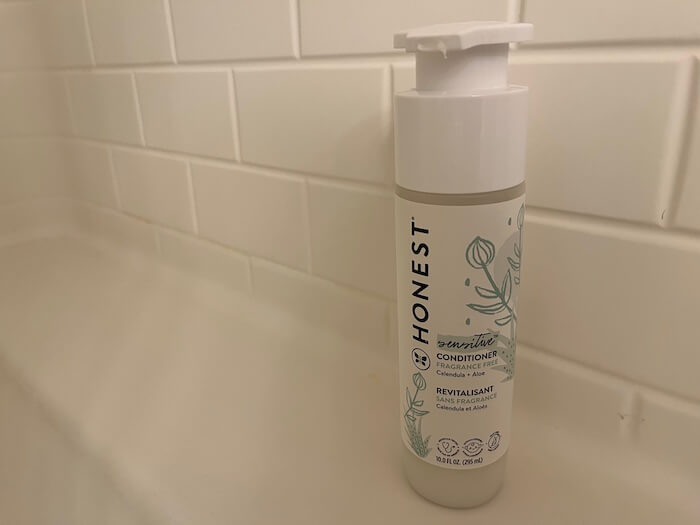The Ordinary Vitamin C suspension 23% + HA spheres vs. The Ordinary Vitamin C suspension 30% in silicone
The Ordinary makes a handful of Vitamin C products. Let's compare and contrast two of them, and determine which one we like better.
When companies sell very similar versions of a product, I get confused (like CeraVe Facial Moisturizing Lotion PM vs. Skin Renewing Night Cream). Ugh, why they just make one good version so we don’t have to do the research? So what’s the deal when it comes to The Ordinary Vitamin C Suspension 23% + HA Spheres 2% vs. Vitamin C suspension 30% in silicone? Should we just fork over the extra dollar to get a a higher concentration of vitamin C? But if that’s the case, why would they even sell the lower percentage? These questions ran through my mind until I finally decided to read the company messaging and ask my dad for his opinion. Let’s try to make sense of this vitamin C madness.
The Ordinary Vitamin C Suspension 23% + HA Spheres 2% ingredients
Price: $5.80 for 1 oz. (30 mL) directly from Deciem or Sephora
Per-ounce price: $5.80
Notes:
- This formula contains squalane, which is an oil that is naturally occurring in skin. According to this 2016 article in the Indian Journal of Dermatology, the body slows down its production of this chemical after age 30, which contributes to dry skin as we get older. Sad! Squalane may help treat skin conditions like acne, psoriasis, and eczema, according to this other study, and does not contribute to acne (according to the aforementioned article.
- Hyaluronic acid, or sodium hyaluronate, is included at 2 percent concentration in this formula. This is commonly used in many moisturizers (at unknown, perhaps lower-than-2% concentrations) because it helps moisturize the skin.
The Ordinary Vitamin C Suspension 30% in Silicone ingredients
Price: $6.80 for 1 oz. or 30 mL from Deciem or Sephora
Per-ounce price: $6.80
Notes:
- This product’s ingredient list is sweet and simple: It’s pretty much made up of three silicones and vitamin C (in the form of ascorbic acid).
- Let’s focus on one of these silicones: dimethicone, since this often appears in many products. This is an ingredient that is derived from silicone. Although some people tend to avoid silicones since they may cause breakouts, an article from the American Academy of Dermatology indicates otherwise, and advises that acne-prone skin should avoid mineral oil, but have no reason to avoid dimethicone.
This product contains a higher percentage of vitamin C (30% vs. 23% in the other), but it also doesn’t have any other beneficial ingredients like sodium hyaluronate (hyaluronic acid). The other ingredients (silicones) are probably there to help provide a smooth texture. Since this product was developed after The Ordinary Vitamin C Suspension 23% + HA Spheres 2%, it may have been developed specifically to address some users' complaints about the gritty texture of 23% formula.
Vitamin C serum showdown
What’s good about both of these formulas:
- Both of these formulas are waterless, which will help prevent the vitamin C from oxidizing, which means that it will remain potent.
- Both contain high concentrations of vitamin C, at an incredibly affordable price point
Pros of The Ordinary Vitamin C Suspension 30% in Silicone:
- smoother texture due to the silicones
- higher vitamin C percentage (though, according to The Ordinary, this is probably comes out to be about the same concentration as the non-silicone formula, since silicones can interfere with the skin’s ability to effectively absorb vitamin C)
Cons:
- some people may not like to apply silicones to their face
- slightly more expensive than the 23% product, without as many beneficial/moisturizing ingredients to offset any irritation introduced by the high concentration of vitamin C
Pros of The Ordinary Vitamin C Suspension 23% + HA Spheres 2%:
- includes sodium hyaluronate (HA spheres) and squalane to help moisturize the skin
- cheaper than the 30% product
Cons:
- grittier texture than the silicone-based formula, making it perhaps only suitable for nighttime application.
Asking My Dad the Chemist: Which The Ordinary Vitamin C product is better?
Here’s the email I sent to my dad:
My dad’s response:
Which C scored an A?
My dad was not impressed by the higher percentage of the silicone-based product, nor the claim that that product used “lightweight silicones.” So, comparing these two products actually taught me a few things.
A higher vitamin C percentage is not necessarily better.
Like SPF >50, after a product’s vitamin C concentration crosses a certain threshold, it’s not necessarily “the higher, the better.” In fact, an overly high percentage may inspire suspicion.
According to this article published in The Journal of Clinical and Aesthetic Dermatology, “In most cases, for a product to be of biological significance, it needs to have a vitamin C concentration higher than eight percent. Studies have shown that a concentration above 20 percent does not increase its biological significance and, conversely, might cause some irritation.”
Look for other ingredients that help ease vitamin C-related irritation
It’s important to consider not only the benefits, but also the side effects that this ingredient (vitamin C) can have on the skin. The Ordinary Vitamin C Suspension 23% + HA Spheres 2% includes moisturizing ingredients like sodium hyaluronate and squalane, which can help offset some of the irritation associated with applying a high vitamin C concentration.
TL;DR
As long as you’re comfortable with the idea of applying a slightly gritty product to your face, opt for The Ordinary Vitamin C Suspension 23% + HA Spheres 2% over The Ordinary Vitamin C Suspension 30% in Silicone. It’s cheaper and it contains more beneficial ingredients, like hyaluronic acid and squalane. But if you already know that squalane makes you break out, you may prefer to try one of The Ordinary’s other vitamin C products, whether it’s the silicone product we talked about here, or one of the other options listed on their website.
Further reading
- Tips for choosing a vitamin C serum
- Check out other reviews of The Ordinary products here.




Share this post
RSS
Facebook
Reddit
Email